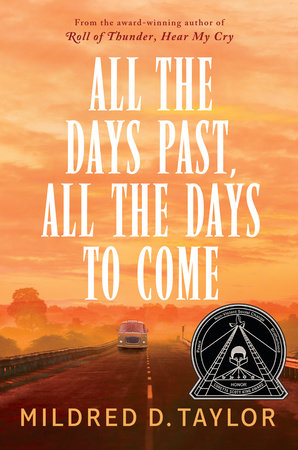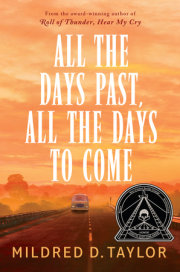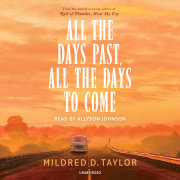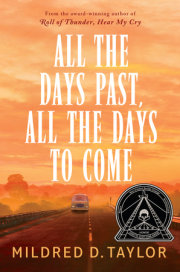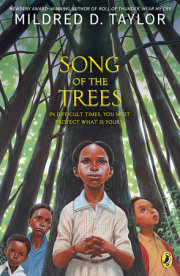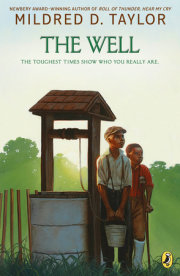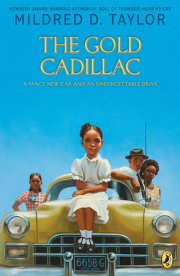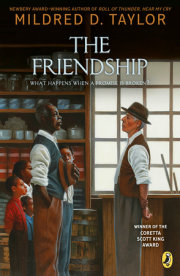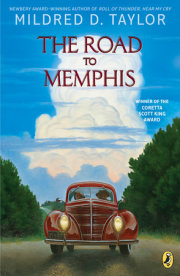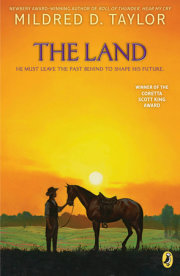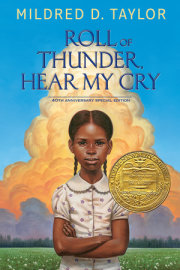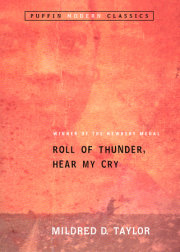Going South
(1947)
I had taken the trip back to Mississippi twice before, once on the train and once with Stacey and Dee driving the two-lane Dixie Highway through southern Ohio and across the bridge that spanned the Ohio River, the Mason-Dixon Line that marked the end of our northern freedom. Once we crossed that bridge, everything changed. Once we crossed that bridge, we were in Kentucky. We were in the South, and there was no more pretense to equality.
Signs were everywhere.
White. Colored.
The signs were over water fountains. The signs were on restroom doors. The signs were in motel windows. They were in restaurant windows. They were everywhere.
Whites Only. Colored Not Allowed.
We didn’t have to see the signs. We knew they were there. Even if there were no signs on display, they were imprinted in all our thinking. They were signs that had been there all our lives. When Dee and I had prepared all the food for the trip, it had been as if we were packing for a picnic. But of course that wasn’t the case. We had packed all this food because once we crossed out of Ohio into the South we could not stop in restaurants along the way, even if we had had the money or the time. We couldn’t stop at any of the motels or hotels either. We ate our cold food, knowing it was as good as or better than any served in the restaurants. We kept the signs in our heads, ate our food, and were thankful for it.
Now, rolling through the border state of Kentucky, we took great care to attract as little attention as possible as we drove through the small towns that stretched along the highway. We stopped only in the big cities for gas. We stopped in Lexington, and farther south we planned to stop in Nashville or Memphis and prayed that everything would be fine with the car. We did not want contact with white people any more than necessary. We kept to the speed limit. We obeyed every traffic sign. Once in hard-line Tennessee, we grew even more cautious. We all watched for the police, who could be hidden at any intersection, at any bushy turn of the highway, or in response to the call of any white person who had seen us with our northern plates riding through.
And then we entered Mississippi.
We were now in the Deep South and there was no state more menacing, more terrifying to black people than Mississippi. In each town we were wary of white men gathered on porches, standing in groups on the street, wary of their stares at four Negroes riding in a brand-new Mercury with northern plates. We were wary if they stared too long, if they pointed toward us, if they appeared ready to approach us. We held our breath and moved cautiously, slowly, on, obeying fifteen-mile-an-hour town speed limits, stopping at every red light, breaking no rules, and all the time as we drove, as we worried about being too noticeable. All of us knew we had to get through these small towns and down the road again toward home. Only once out of a town did we breathe normally again. Close to home, we drove through the town of Strawberry, its streets deserted in the predawn hours. We were glad of that; we did not want to be seen. We were in Mississippi, our birthplace, but it was now like being in a foreign land.
Copyright © 2020 by Mildred D. Taylor. All rights reserved. No part of this excerpt may be reproduced or reprinted without permission in writing from the publisher.

